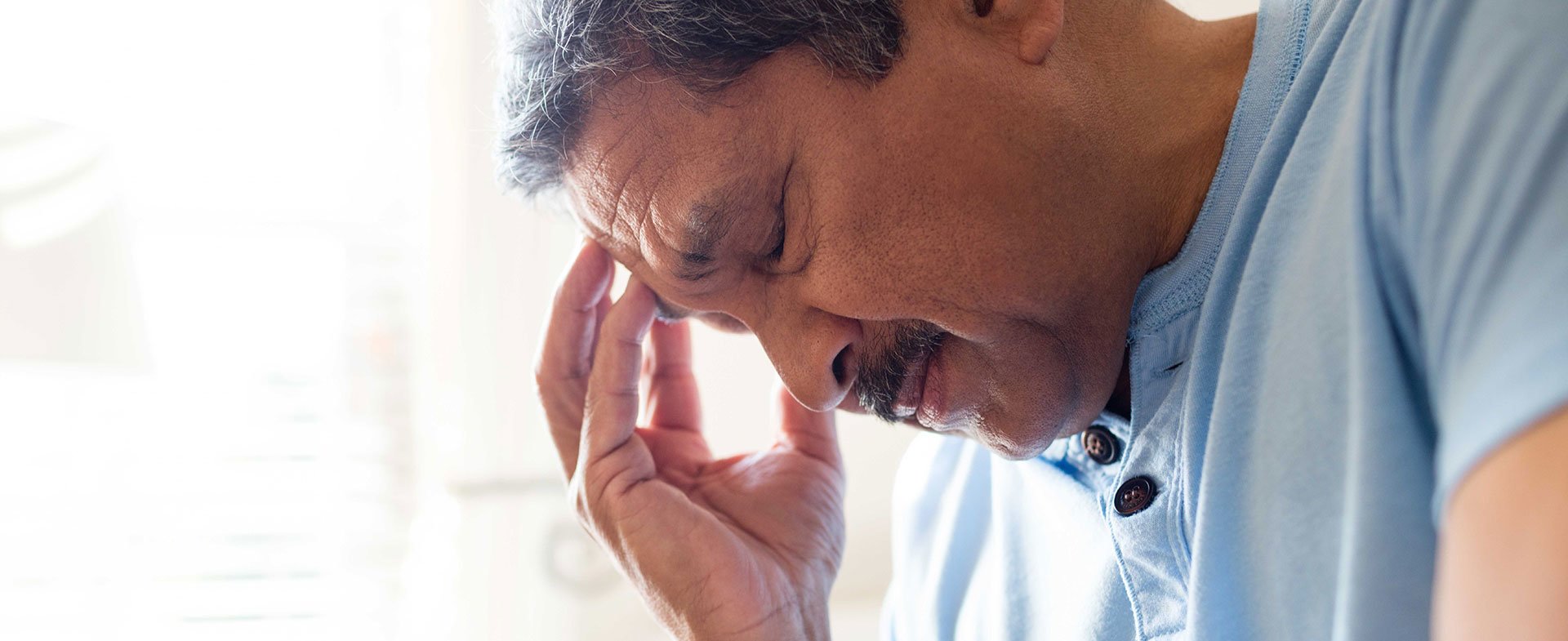If you’ve kicked a smoking habit – or are even just considering it – good for you! Smoking increases the risk of heart attack, stroke and cancer – and it’s the single largest cause of preventable death in the United States.
In fact, not smoking is among the best things you can do for your health. But quitting may cause some short-term woes.
No Smoke, No Sleep?
People who are still smoking often experience disrupted sleep. But studies suggest solid shuteye is even harder to come by in the early days and weeks after quitting. About half of former smokers have trouble sleeping while they’re trying to quit. And the resulting sleep deficit can make it difficult to stay away from cigarettes.
“Nicotine has a stimulating effect, but it also has an overall mood-modulating effect,” says Amanda Holm, M.P.H., tobacco treatment manager at Henry Ford Health. “If you’re bored, sleepy or tired, nicotine will act as a stimulant to help you feel more alert and awake. But, if you’re feeling anxious, it will smooth out your anxieties. If smoking helps keep you on an even keel throughout the day, that can become a problem after you quit.”
The Effect of Nicotine on Your ZZZ’s
Here’s how nicotine affects your sleep – both while you’re still smoking and in the weeks after you quit.
While you’re smoking: Nicotine disrupts sleep – and smoking can also raise the risk of developing sleep conditions, such as sleep apnea. But since nicotine is a stimulant, smoking can mask your exhaustion. After all, if you’re feeling sleepy, a hit of nicotine can wake you up and make you feel alert the next day.
When you’re quitting: The first few days without cigarettes will likely come with some unpleasant side effects. There are nerve endings and receptors all over the body that respond and react to nicotine. People may experience everything from constipation and diarrhea to headaches and anxiety. As your body acclimates to functioning without nicotine and other dangerous chemicals, you may experience cravings, irritability and yes, sleepless nights.
“When people quit, they’re dealing with the withdrawal symptoms at night, too, which can keep them awake,” Holm says. “Plus, some of the medications prescribed to aid with smoking cessation can give people vivid dreams.”
Tips to Get Better Sleep
Establishing good sleep habits is important whether you’re a smoker, former smoker or have never puffed a cigarette. Here are five suggestions:
- Go to bed and get up at the same time every day, even on weekends.
- Avoid caffeine and alcohol six hours before going to sleep.
- Nix screens an hour before bedtime.
- Create a soothing bedtime routine. Take a warm bath, meditate or write in a journal.
- If you wake up in the middle of the night – or can’t get to sleep in the first place – avoid looking at the clock!
“Your withdrawal symptoms – and even sleep disturbances – will resolve over time,” Holm says. Symptoms usually begin within hours of quitting, peak within the first few days and subside within a few weeks.
In the meantime, identify feel-good ways to reward yourself for remaining smoke-free. Buy a pair of movie tickets, treat yourself to a nice meal or spring for a massage. And, if you’re having difficulty sleeping during the quitting process, talk to your doctor.
“Some tobacco cessation aids can contribute to insomnia,” says Holm. Your healthcare provider or tobacco treatment coach may suggest ways to encourage more shuteye, such as taking your doses earlier in the day or removing a nicotine patch overnight.
Check out Tobacco Treatment Services at Henry Ford Health for more information.
Amanda L. Holm, MPH, is the immediate past chair of Tobacco-Free Michigan and project manager for Tobacco Treatment Services for the Henry Ford Center for Health Promotion and Disease Prevention.



